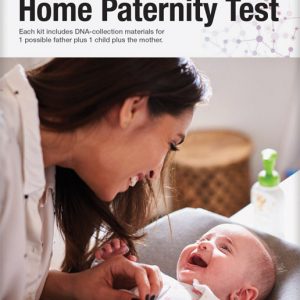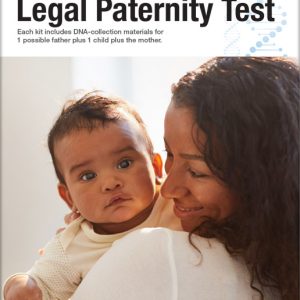When a child is born and the mother is not married, the hospital staff becomes motivated—often incentivized by the state—to find the presumed father and ask him to sign a Voluntary Acknowledgement of Paternity. If signed, the document is used to establish the signor as the father on the birth certificate.
To be clear—the document is voluntary. It paves the way for two major considerations: rights and responsibilities. When faced with the opportunity/pressure to sign this acknowledgement, every man should know the responsibilities it carries, and only sign if he is 100% certain he is the biological father of the child.
Rights: As the form is used to complete the birth certificate, it can help establish the father’s right to active participation in the child’s life: rights such as visitation and custody. If a married couple has a child, the birth certificate automatically receives the parents’ names, and the father’s rights are established. In the case of an unwed mother, the biological father does not automatically receive these rights of fatherhood, so the first step is the Voluntary Acknowledgement of Paternity form.
Responsibilities: By committing to be the child’s father, in addition to the rights of fatherhood, also come the responsibilities. Financial obligations such as child support are the result of fatherhood. The key here is that once a father is established, even if the DNA proves otherwise—say a year later—many judges will not relieve the father of the financial obligations to the child. In most states, if a DNA paternity test and the proper legal steps are not taken within 60 days after the Acknowledgement is signed, it can be very difficult to legally dismiss the financial responsibilities.
If you’ve been asked to sign a Voluntary Acknowledgment of Paternity, use your best judgment. There may be pressure to sign. For many new parents, it’s simple. You’re in a stable relationship and there is no doubt. For many, it’s not so simple. The person asking you to sign the Acknowledgement should tell you that if there is doubt, you should not sign it. You should request a DNA paternity test to be sure. If you do sign the document and are having second thoughts, consider the option below—quickly.
The fastest and simplest way to get a DNA paternity test is do it privately. Choose a highly-accredited lab, like the experts at DNA Diagnostics Center. Ensure the test is a legal one, not the home test variety, which has no legal value. If one waits and goes through the state, it could take too long to get the results.
The decision to sign a Voluntary Acknowledgement of Paternity can be significant, so be aware that it is ultimately the man’s decision, and one that should be made carefully and with all available information.






0 Comments